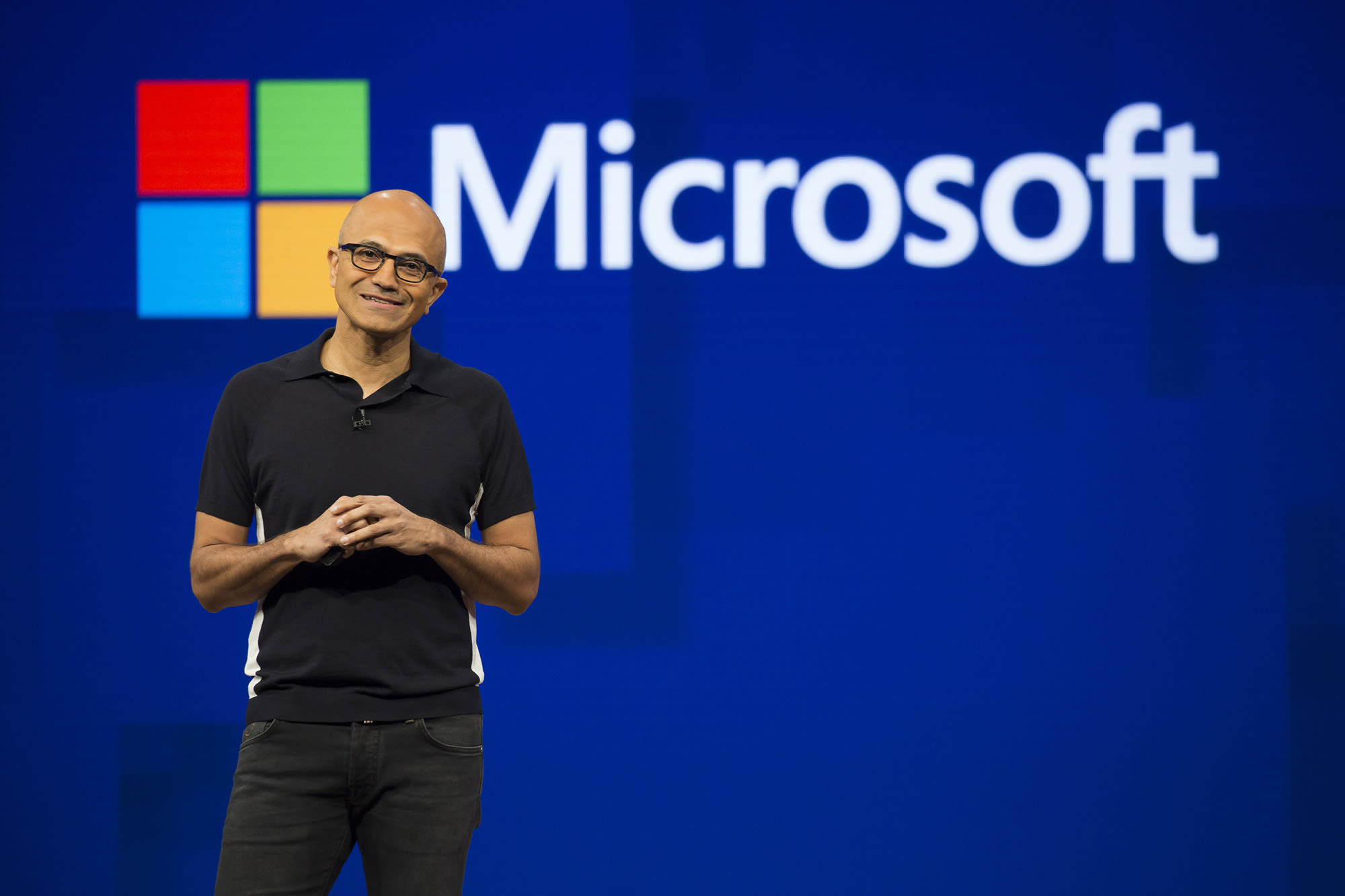China’s Baidu Says it Has Caught up With ChatGPT
Robin Li, the founder of Chinese tech firm, Baidu has boasted that his company’s large language model has finally caught up with OpenAI’s most advanced GPT-4, claiming the lead in his country’s race to develop AI that can rival the US.
The billionaire took the stage in Beijing on Tuesday to run Ernie 4.0 through a Q&A designed to showcase its ability to provide answers and solve complicated puzzles on the fly. Ernie has matched OpenAI’s seminal product in terms of sophistication and general capabilities, Li told a packed house at a converted steel mill that now serves as an auditorium.

Baidu is leading a wave of aggressive investment across China after ChatGPT demonstrated the disruptive potential of generative AI — which can craft video and content from simple commands. It’s regarded as a leader in a race with Alibaba Group, Tencent Holdings and scores of start-ups to create a next-generation platform for the world’s biggest internet market.
Baidu hopes Ernie Bot will become a core business alongside online marketing, helping regain users lost
They’re trying to compete with American names from Microsoft to Google to create services like ChatGPT and Dall-E, but US sanctions on Chinese access to the most advanced chips to train and run AI models, coupled with Beijing’s stringent censorship, could cloud their prospects. Washington is tightening curbs on shipments of AI chips to the country, stoking that uncertainty.
“Ernie is not inferior in any respect to GPT-4,” Li told the audience.
It’s challenging to grade AI models because of their sheer complexity. Li put the latest version of Ernie Bot through its paces in real time. He voiced queries on topics like buying property, posed maths problems and asked it to write a novel based on the world of ancient martial arts. It’s a marked contrast to March, when the tech mogul unveiled China’s first answer to OpenAI’s red-hot bot via a scripted video.
Ernie
Back in June, Baidu said an earlier version of Ernie surpassed OpenAI’s chatbot built on GPT-3.5 in general abilities. It also outperformed GPT-4 on several Chinese-language capabilities, citing a test by a local state newspaper. Baidu now hopes Ernie Bot will become a core business alongside online marketing, helping regain users lost to all-purpose apps run by TikTok-owner ByteDance and Tencent.
Baidu aims to infuse Ernie into flagship products like search, maps, file sharing, work collaboration and data analytics.
Like its domestic rivals, Baidu benefits from clear government endorsement of a technology that has the potential to enhance not just entire industries, but also a struggling economy.
read also Less Than 10% of Businesses Receive Fair Forex Charges in South Africa
In August, China approved the first batch of generative AI services for domestic release, which included products from fledging players and major technology names like Baidu and ByteDance. Ernie Bot at one point topped the download chart on China’s iPhone app store, surpassing one million users on launch day, though it was soon overtaken by mainstay services like Tencent’s WeChat.
Kelechi Deca

Kelechi Deca has over two decades of media experience, he has traveled to over 77 countries reporting on multilateral development institutions, international business, trade, travels, culture, and diplomacy. He is also a petrol head with in-depth knowledge of automobiles and the auto industry



















